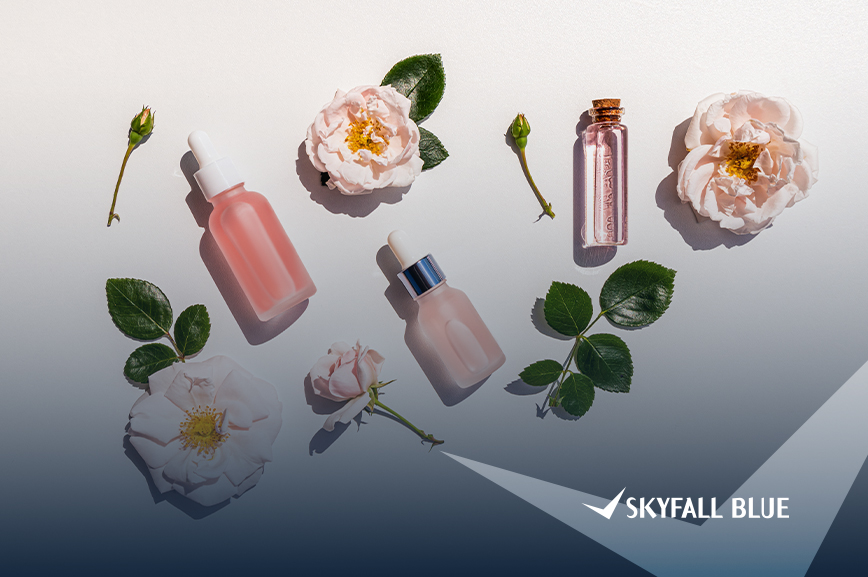The Gulf region is becoming one of the world’s most exciting beauty markets. With high spending power, a growing younger demographic, and increasing awareness around health and sustainability, consumers in the GCC are driving a clean beauty boom. Reports project the Middle East clean beauty market to reach $2.6 billion by 2025, fuelled by demand for transparency, authenticity, and premium experiences. For personal care and wellness brands, this presents a golden opportunity — if they can market correctly.
1. Why Clean Beauty Matters in the GCC
Consumers in Saudi Arabia, the UAE, and across the region are prioritising health-conscious lifestyles. They expect personal care products to be free of harmful chemicals and aligned with cultural values, including Halal-certified formulations. Clean beauty in the GCC is not only about ingredients but also about trust and alignment with wellness-driven lifestyles.
2. The Power of Transparency and Storytelling
Today’s GCC consumers demand proof. Brands that clearly communicate sourcing, ingredient safety, and sustainability efforts build stronger trust. Storytelling that highlights eco-conscious sourcing or traditional natural remedies resonates deeply. A skincare brand showcasing how it integrates regional botanicals like oud, rose, or dates can stand out while maintaining cultural relevance.
3. Influencer and Community Marketing
Influencer culture is thriving in the GCC, especially in Saudi Arabia and the UAE. Collaborating with trusted voices in wellness and beauty creates instant credibility. Micro-influencers, who often enjoy stronger community trust, can be more effective than celebrities. Brands should invest in authentic partnerships where influencers share personal journeys with clean beauty products rather than scripted endorsements.
4. Aligning with Luxury Expectations
The GCC beauty consumer expects premium experiences. From elegant packaging to high-touch retail experiences, clean beauty must be positioned as aspirational. Exclusive product launches, pop-up activations in luxury malls, and collaborations with hospitality venues (such as spas at JW Marriott Riyadh or Sheraton Dubai) help create prestige appeal.
5. Digital-First Engagement
E-commerce adoption in the GCC is surging, and beauty sits at the top of online sales categories. Brands that invest in seamless mobile shopping, personalised product recommendations, and AR try-on technology will stay ahead. Social media platforms like Instagram and TikTok continue to be primary drivers of discovery, making engaging video content and tutorials essential.
6. Regulatory and Cultural Alignment
Clean beauty in the GCC must comply with strict regulatory frameworks. Brands need to align with Gulf Standards Organisation (GSO) guidelines and secure Halal certification where applicable. Highlighting these standards in marketing material reassures consumers and strengthens brand authority.
Why This Matters
The GCC beauty market is unique: consumers value both modern innovation and cultural authenticity. Clean beauty brands that combine transparency, luxury positioning, and local cultural cues can carve out loyal audiences in a competitive landscape.
Final Word
With spending power high and wellness-driven lifestyles accelerating, 2025 represents a tipping point for clean beauty in the GCC. The brands that market with authenticity, luxury appeal, and digital-first strategies will define the next era of personal care in the region.
Call to Action: Skyfall Blue helps wellness and beauty brands design marketing strategies that resonate with GCC audiences. Contact us today to elevate your clean beauty brand for 2025 and beyond.
Contact us at info@skyfallblue.com or visit our website to get started.
For more information, connect with us on Instagram, Facebook, and LinkedIn for updates, insights, and support.


